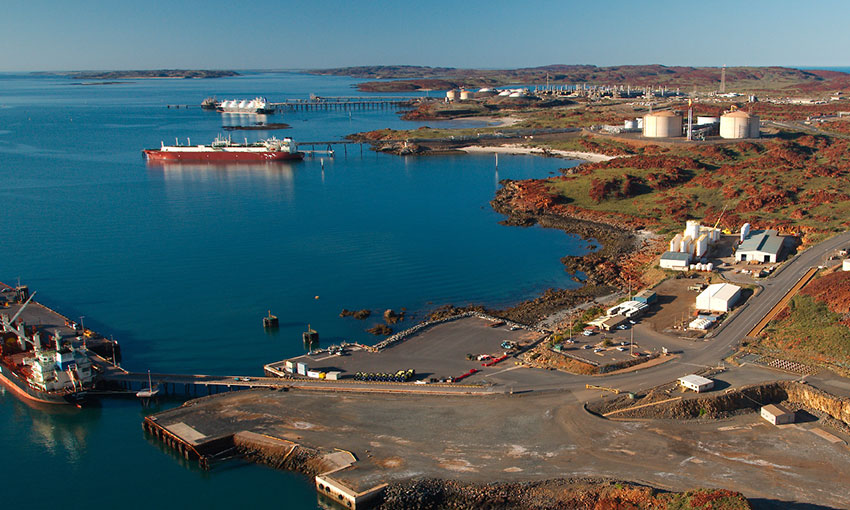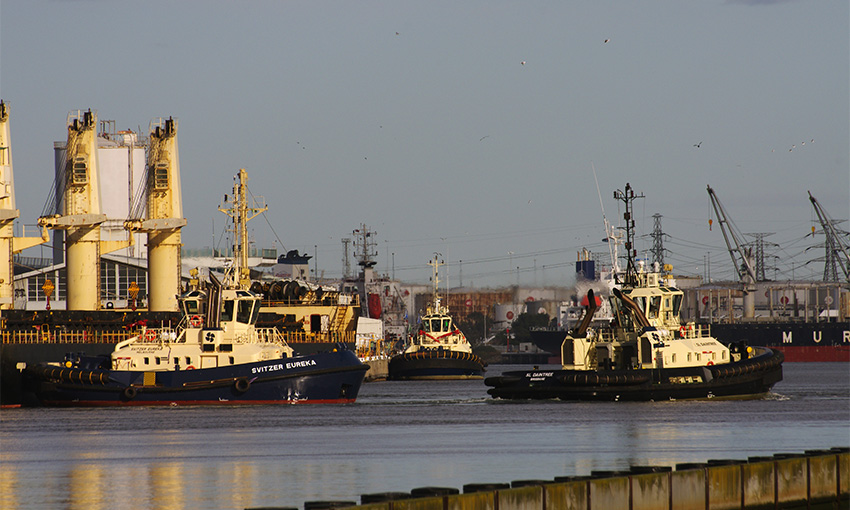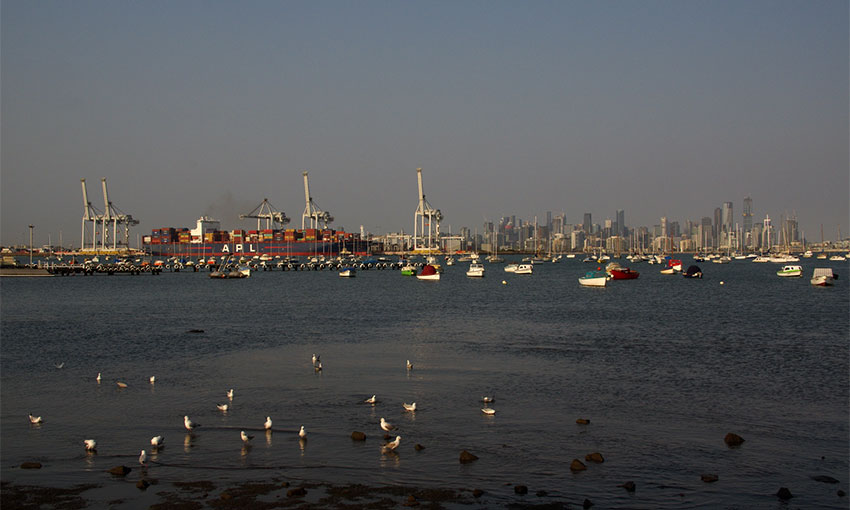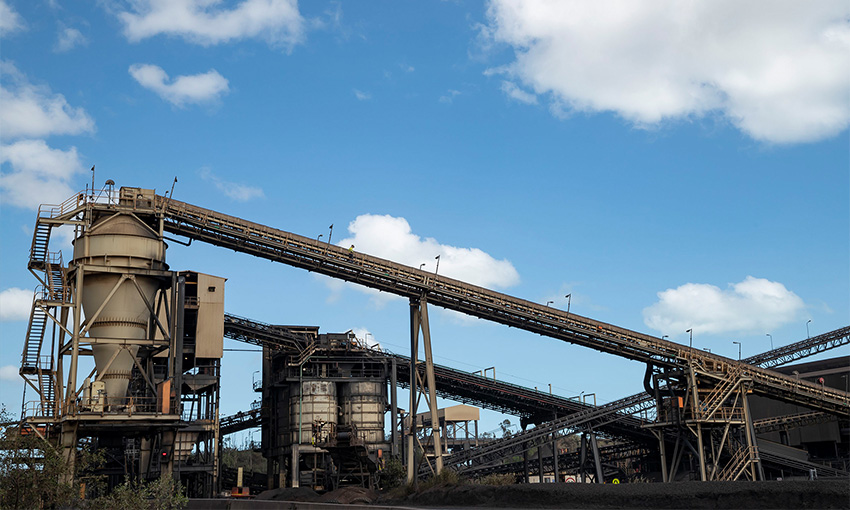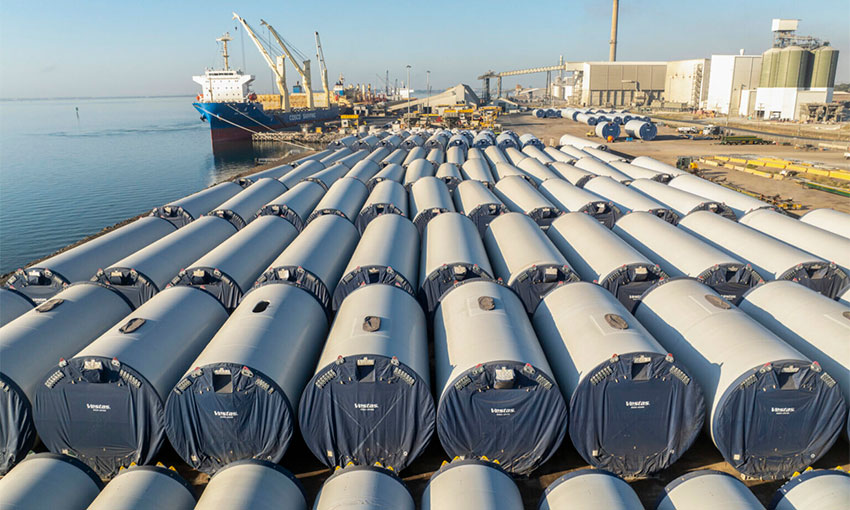BHP has announced it would increase the direct shipping of containerised cargo from Singapore to Port Hedland.
BHP has been trialling the direct route since 2020, prior to which supplies were shipped to Fremantle and driven 1650 kilometres north to the company’s iron ore operations in Port Hedland.
The initiative will raise the amount of containerised supplies delivered directly to Port Hedland operations to 7.5%.
The direct route is initially expected to keep more than 900 trailers off the road between the ports, improving safety for transport workers, road users and regional communities.
It also reduces transportation time by around six days, improving schedule reliability.
Pilbara businesses will be given access to this direct shipping route through BHP’s freight provider ANL, reducing transport costs for building supplies and consumer goods.
BHP WA iron ore general manager of port operations Cindy Dunham said the company has seen improvements across several operational facets since trials began.
“This initiative not only improves efficiency, it also improves safety and environmental outcomes, thereby benefiting the whole community,” Ms Dunham said.
“BHP would like to work with local businesses in Port Hedland to explore opportunities to optimise their own supply chains via this shipping route.
“We are committed to helping develop Port Hedland as a thriving, sustainable place to live.”
Pilbara Port Authority CEO Roger Johnston said direct shipping in the region has grown faster than predicted since the first call in late 2020.
He said it has already delivered benefits for the port, proponents, and the local economy.
“PPA is proud of the work it has done to make direct shipping possible and has already trebled its first port of entry facilities to accommodate growing demand,” Mr Johnston said.
“The service is generating more inbound and outbound freight opportunities, which in turn creates local opportunities for container de-stuffing, warehousing, and distribution.”
He said a recent report from economic consultant ACIL Allen estimates the economic benefit of near-port freight is approximately $5 million per annum.
In contrast, imported cargo freight efficiencies are in the order of $60 million per annum.
BHP vice president of maritime and supply chain excellence Rashpal Bhatti said BHP and ANL would together explore sustainable shipping opportunities.
“In addition to the sustainability benefits of reduced diesel truck road transit, we are working closely with ANL to identify and assess other opportunities to reduce GHG emissions and are actively looking at using alternative, lower-emission fuels like biofuels and LNG blended with methane on the direct shipping route,” he said.

